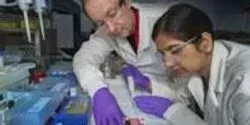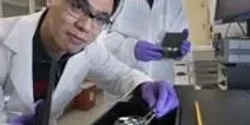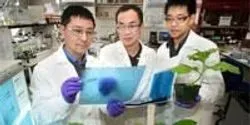Brookhaven National Laboratory
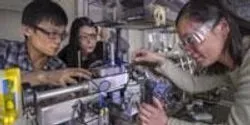
Using a new method to track the electrochemical reactions in a common electric vehicle battery material under operating conditions, scientists at the U.S. Department of Energy's Brookhaven National Laboratory have revealed new insight into why fast charging inhibits this material's performance.
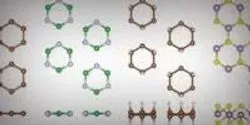
Columbia researchers used Brookhaven Lab supercomputer simulations to map and compare the transformations and breaking points of graphene and other promising monolayers.

A new study published in the Proceedings of the National Academy of Sciences by scientists at the University of Queensland, Australia, overturns a long-held theory in plant science. Researchers at the U.S. Department of Energy’s (DOE) Brookhaven National Laboratory who are co-authors on this paper conducted critical radiotracer studies that support the new theory that plant sugars play a dominant role in regulating branching at plant stems. While branching has relevance in agriculture, it is also very important in bioenergy crop production.

The whistle blows and the big game begins on TV. You watch the punted football sail over the field and into the arms of the opposing team—then the feed abruptly cuts out. The information blackout is apparently universal, with no coverage online or on the radio. Hours later, the signal returns and you learn that your beloved home team pulled off a stunning, come-from-behind victory. But here’s the kicker: there’s no way to find out the play-by-play. Did the quarterback’s last-second Hail-Mary pass decide the game, or was it a devastating interception returned for a touchdown?

